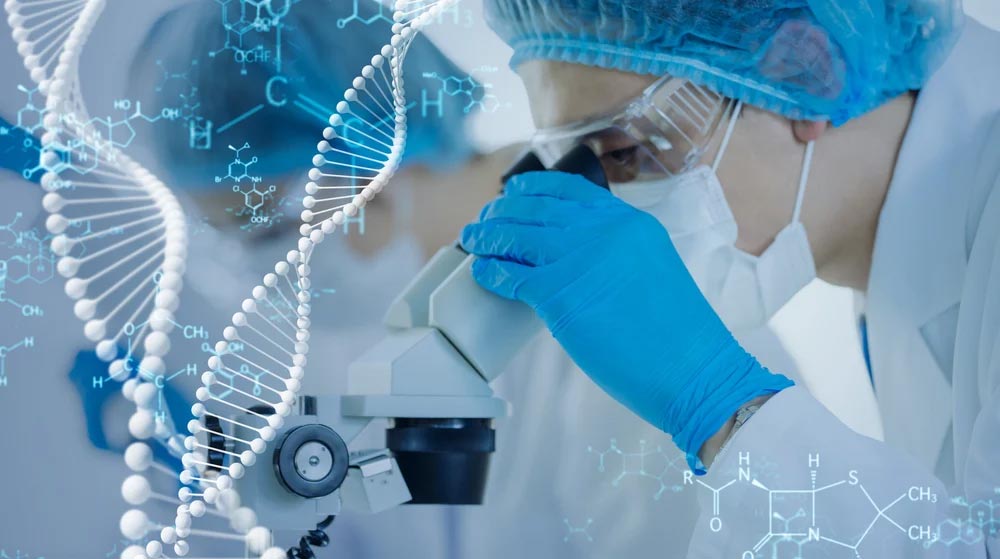Companies working on cell therapies using Tumor Infiltrating Lymphocytes (TILs) are lagging the commoner and earlier-developed CAR-T therapies. That’s according to Shyam Subramanian, PhD, chief technical officer at Obsidian Therapeutics.
Subramanian is due to speak at the Process Development for Cell Therapies Summit in Woburn, MA, this week about his company’s attempts to plug the gaps in manufacturing TILs.
“It’s still a small group of companies working on cell therapies based on tumor cells, and so innovation is lagging compared to the CAR-T space,” he says.
As a result, he argues that the companies farthest along in the clinic are working on un-engineered TILs. Using genetic engineering for preclinical and clinical development is still in its early stages. And there also various manufacturing steps for CAR-T that don’t work with TILs, making it harder to close some of the manufacturing steps to reduce human handling and risk of errors.
As one example, he continues, “with a CAR-T product you start with apheresis that comes from a bag, which means that—automatically—you can connect up the bag and pump the contents to something else through a closed process. We start with actual tumour fragments that must be digested or fragmented mechanically and it’s hard to avoid some open manipulation in that step.”
Existing modular manufacturing solutions also don’t work for some processes, he explains. And customized fully automated manufacturing solutions can be too complex for what’s required.
“We’d like to be somewhere in the middle,” he says. “We want better modality but without technology that requires a huge infrastructure investment.”
Obsidian is working on improving TIL manufacturing in two areas. First, they’ve developed their own genetically-engineered cell line as feeder cells to drive TIL expansion rather than relying on obtaining pooled cells from donors, which adds supply chain complexity.
“This is one area where we’re probably first into clinic,” he says.
The company is also genetically engineering TILs to produce membrane-bound Interleukin-15 (IL-15). He believes this eliminates the need for expensive IL-2 reagents for ex vivo cell expansion, and for costly and toxic IL-2 therapy. He also thinks this enhances the potency and anti-tumour activity of their new product.
“It’s another area where we’re making novel improvements and optimizing our solutions— rather than just relying on standard technologies,” he says.


